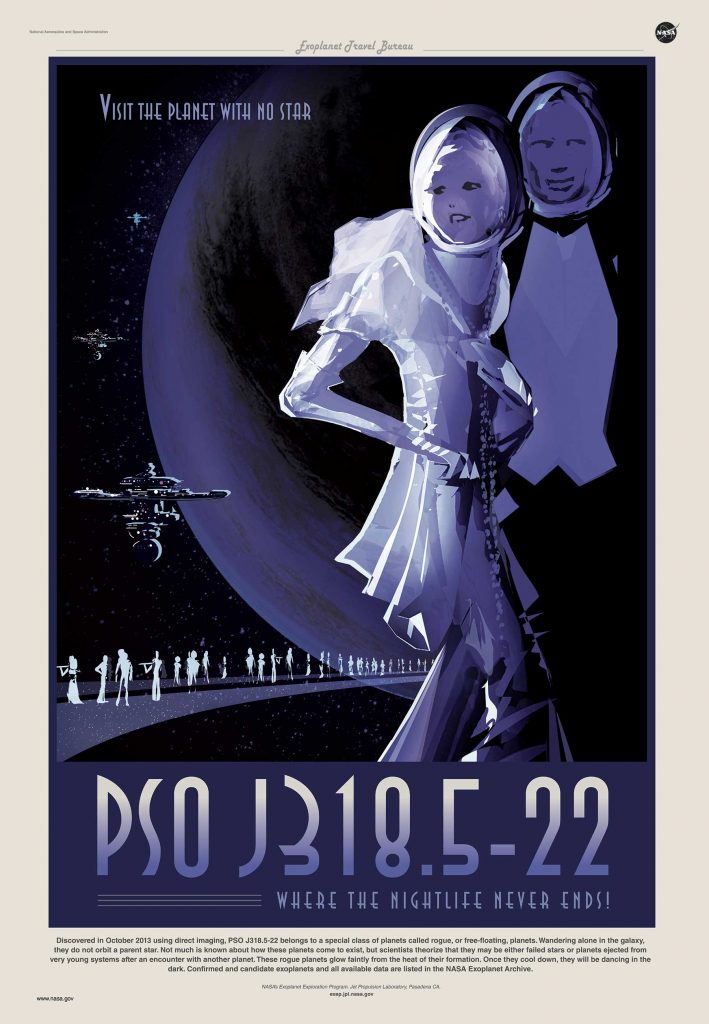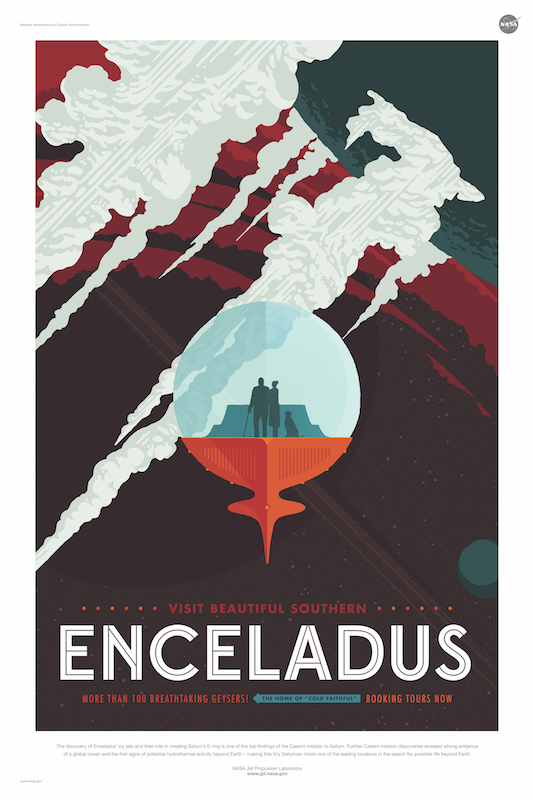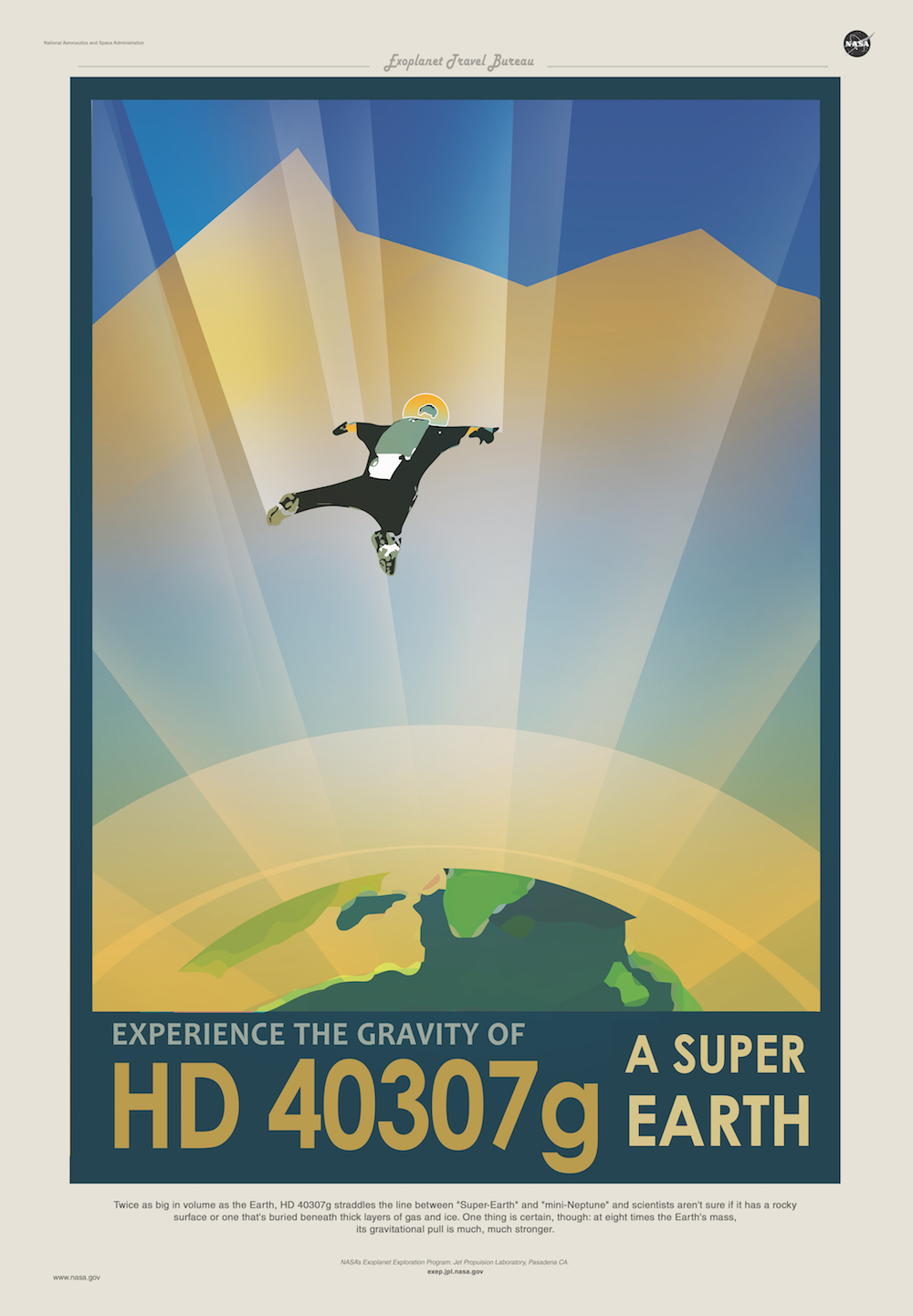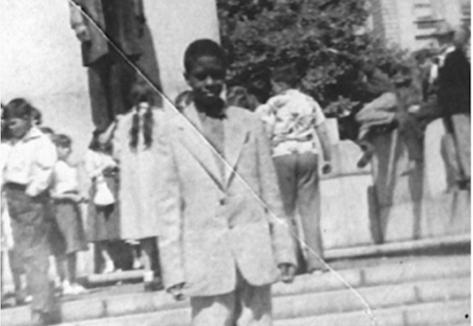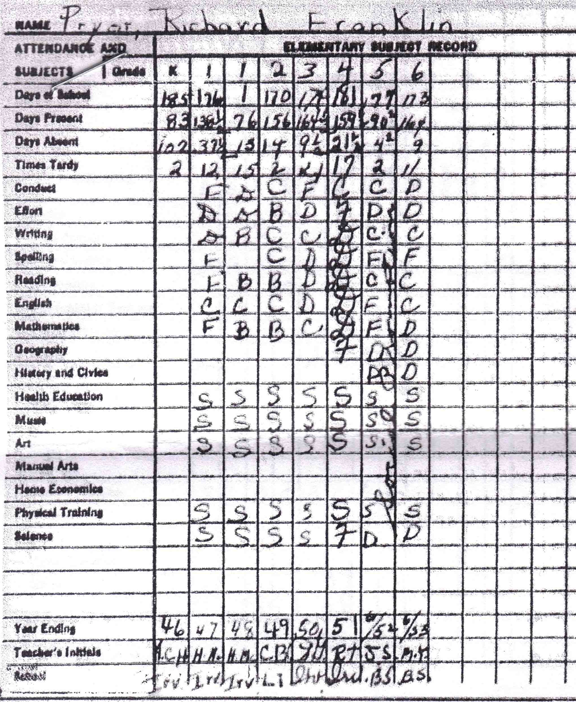Free will often seems like nothing more than a cruel illusion. We don’t get to choose the times, places, and circumstances of our birth, nor do we have much control over the state of our states, regions, or nations. Even the few who can design conditions such that they are always secure and comfortable find themselves unavoidably subject to what Buddhists call the “divine messengers” of sickness, aging, and death. Biology may not be destiny, but it is a force more powerful than many of our best intentions. And though most of us in the West have the privilege of living far away from war zones, millions across the world face extremities we can only imagine, and to which we are not immune by any stretch.
Among all of the psychiatrists, philosophers, and religious figures who have wrestled with these universal truths about the human condition, perhaps none has been put to the test quite like neurologist and psychotherapist Viktor Frankl, who survived Auschwitz, but lost his mother, father, brother, and first wife to the camps.
While imprisoned, he faced what he described as “an unrelenting struggle for daily bread and for life itself.” After his camp was liberated in 1945, Frankl published an extraordinary book about his experiences: Man’s Search for Meaning, “a strangely hopeful book,” writes Matthew Scully at First Things, “still a staple on the self-help shelves” though it is “inescapably a book about death.” The book has seen dozens of editions in dozens of languages and ranks 9th on a list of most influential books.
Frankl’s thesis echoes those of many sages, from Buddhists to Stoics to his 20th century Existentialist contemporaries: “Everything can be taken from a man but one thing: the last of the human freedoms—to choose one’s attitude in any given set of circumstances, to choose one’s own way.” Not only did he find hope and meaning in the midst of terrible suffering, but after his unimaginable loss, he “remarried, wrote another twenty-five books, founded a school of psychotherapy, built an institute bearing his name in Vienna,” and generally lived a long, happy life. How? The interview above will give you some idea. Frankl maintains that we always have some freedom of choice, “in spite of the worst conditions,” and therefore always have the ability to seek for meaning. “People are free,” says Frankl, no matter their level of oppression, and are responsible “for making someone or something out of themselves.”
Frankl’s primary achievement as a psychotherapist was to found the school of “logotherapy,” a successor to Freudian psychoanalysis and Adlerian individual psychology. Drawing on Existentialist philosophy (Frankl’s book was published in Germany with the alternate title From Concentration Camp to Existentialism)—but turning away from an obsession with the Absurd—his approach, writes his institute, “is based on three philosophical and psychological concepts… Freedom of Will, Will to Meaning, and Meaning in Life.”
You can hear how Frankl works these principles into his philosophy in the fascinating interview, as well as in the short clip above from an earlier lecture, in which he rails against a crude and ultimately unfulfilling form of meaning-making: the pursuit of wealth. Even us materialistic Americans, renowned for our greed, Frankl notes with good humor, respond to surveys in overwhelming numbers saying our greatest desire is to find meaning and purpose in life. Like no other secular voice, Frankl was confident that we could do so, in spite of life’s seeming chaos, through—as he explains above—a kind of idealism that brings us closer to reality.
Note: You can download Frankl’s major book, “Man’s Search for Meaning,” as a free audio book if you join Audible’s 30-Day Free Trial program. Find details on that here.
Related Content:
Creativity, Not Money, is the Key to Happiness: Discover Psychologist Mihaly Csikszentmihaly’s Theory of “Flow”
Albert Einstein Tells His Son The Key to Learning & Happiness is Losing Yourself in Creativity (or “Finding Flow”)
The Philosophy of Kierkegaard, the First Existentialist Philosopher, Revisited in 1984 Documentary
Josh Jones is a writer and musician based in Durham, NC. Follow him at @jdmagness

